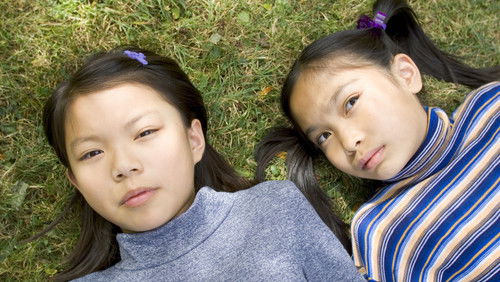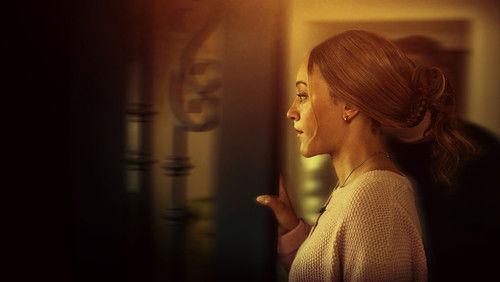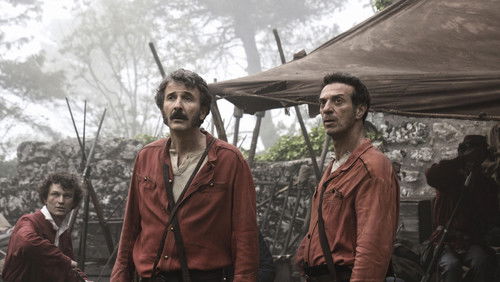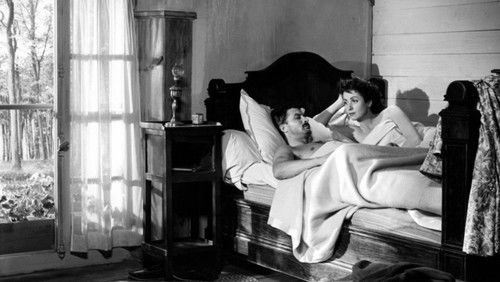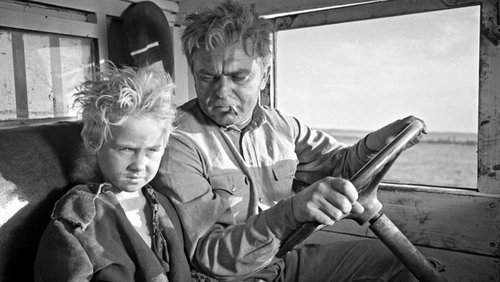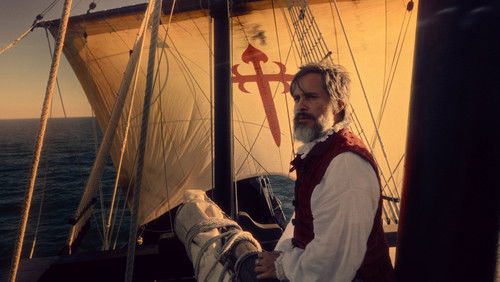Leben und Sterben des Colonel Blimp (1943)
39KLeben und Sterben des Colonel Blimp: Directed by Michael Powell, Emeric Pressburger. With James McKechnie, Neville Mapp, Vincent Holman, Roger Livesey. From the Boer War through World War II, a soldier rises through the ranks in the British military.
“Clive Candy (Roger Livesey), a British army officer, wins a Victoria Cross in South Africa, fights a duel in Berlin in 1902, acquires a lifelong friend and his lifelong love for a woman (or women), commands in Flanders in the Great War and brings the experience of a lifetimeu0026#39;s service to the Second World War.u003cbr/u003eu003cbr/u003eIt is soon apparent that this fine film portrays a Colonel Blimp very different from David Lowu0026#39;s jingoistic and hidebound comic strip character. Here, Candy is a sympathetic figure from the start; firm in his principles, certainly, but courteous and sensitive with those whom he respects – indeed, how could Livesey not appear as a sympathetic character: it seems to be in his very nature. The film is clever and deceptive in its structure. The action is framed by the opening WWII exercise, in which the u0026quot;invadersu0026quot; capture the elderly General Wynne-Candy. These scenes are repeated and elaborated at the end of the film, where the effect of the exercise in demonstrating the obsolescence of Candyu0026#39;s values becomes clear and when he makes clear his great stature in embracing the uncongenial reality that confronts him. Within this frame, the story of Candyu0026#39;s life is told, and here is the greater deception, for, at the beginning, it seems like a straightforward romantic comedy, perhaps even disappointing in its lack of ideas. Then, after the Armistice, the mood changes, becomes philosophical, as the nature of loyalty and friendship, of love and patriotism are explored. u003cbr/u003eu003cbr/u003eRepresentatives of the British establishment, assembled around a dinner table, assert their resolve to see Germany rebuilt in a fair peace. Credulity is strained here, when one recalls the oppressive reality and disastrous consequences of the Versailles Treaty. Yet the principles are praiseworthy and would be reflected in the settlement after WWII. The two defining moments of the film are both given to Candyu0026#39;s long-time friend, the German uhlan officer, Theo Kretschmar-Schuldorff (Anton Walbrook). He delivers two set-piece speeches, one explaining why he had abandoned Germany for England in 1935, the second a manifesto for the survival of a democracy in total war. They, like the rest of his performance, are given impeccably and, with their quiet delivery by a German character, intensely moving. u003cbr/u003eu003cbr/u003enDeborah Kerr, lovely yet brimming with personality, plays superbly her three roles, each a woman Candy loves at different stages in his career and, incidentally, disclosing his character as socially democratic, unlikely but attractive none the less. Kerr succeeds in subtly differentiating each role, whilst revealing the characteristics that were bound to attract Candy. Both Walbrook and Livesey give outstanding performances, despite ageing forty years, a process Kerr avoids. John Laurie, as Murdoch, Candyu0026#39;s batman, has a less outrageous role than those usually assigned to this fine character actor. Alfred Junge presents his usual excellent design, taking full advantage of Technicolor.u003cbr/u003eu003cbr/u003eThis film was, supposedly, produced in 1943 as British propaganda. It is noteworthy that even Churchill could not suppress exhibition of this film when he was concerned at its message. That message embraces loyalty and steadfastness, honesty, democracy, realism and fairness. It is about the importance of relationships that transcend nationality. It is about love, between woman and man, and as a general concept. It is about being resolute and pragmatic in conflict and generous in victory. It recognizes the value of individuals beyond the categories in which they find themselves. If this film can be represented as British propaganda, then no-one need be ashamed to be British.u003cbr/u003eu003cbr/u003eThis film transcends its format and, perhaps, the intentions with which it was produced. It is another wonderful surprise from the Archers which everyone should see.”

